If you’re tuned into all the latest buzz in the health world, then you’ve definitely heard the term ‘collagen’ being tossed around. These days it seems like everyone and their doggo is taking a collagen supplement, or jumping on board to shout out the health benefits of collagen. It’s the new darling of the clean eating crowd.
But what exactly is collagen, and why are people so darned excited about it?
The short answer is this: collagen is a protein, made up of long chains of linked amino acids. It plays a key role in the connective tissue throughout our entire body, contributing to the function of skin, blood vessels, muscles, tendons, ligaments, bones, and the digestive system.
By our 30s, our natural levels of collagen are on the decline. This is why we start to notice our joints creaking and our skin sagging. But by supplementing with it, people are aiming to improve everything from joint health to the appearance of their skin and their digestion.
Thinking about giving collagen a try? Here’s everything you need to know before diving into the world of collagen supplements:
The 7 most important things to know about collagen supplements
1. There are 16 different types of collagen
That’s a lot. But when it comes to supplements, there are three types to focus on: types I, II and III. These three types make up 80-90% of collagen in the body, and any supplements you find will contain these.
Vegetarians take note: all collagen comes from animal sources—in particular, the parts of the animals that we tend not to eat (read: cartilage, bones and skin).
The majority of collagen products you’ll come across will be either bovine collagen or marine collagen. Bovine collagen is made from the cow hide and other cow parts, and contains type I and III collagen.
Marine collagen is created from the scales, bones, skin and fins of fish. It is also made up of mostly type I and III collagen.
Interestingly, marine collagen is thought to be more ‘bioavailable’ than the other types, which means that it’s more easily absorbed by the body.
2. You can take collagen in different forms
The majority of collagen supplements come in powder and pills. Your body isn’t picky about how it receives collagen, so adding it to your routine is really a matter of personal preference. To your body, any collagen is just collagen. So whether you choose collagen powder or a collagen pill, it’s all about what floats your boat.
Note: Most people opt for a collagen powder, if only for the versatility. The powder can be added to your morning coffee, smoothie, or any other drink you have during the day. And if you forget, you can always toss it into your omelette, baking or even your soup.
3. Collagen supplements have different levels of quality
Like many things, simply introducing collagen to the body doesn’t automatically mean that it will be happily absorbed and processed.
You want to make sure you’re looking for ‘hydrolyzed’ collagen (or ‘peptides’). What does this mean? Basically, it means that the collagen has already been broken down into smaller parts that your body can easily make use of.
Collagen supplements also have varying levels of quality. The best way to think about this is the source. Where does the collagen come from, and how were these animals living?
You may want to avoid chicken sources altogether, as it’s difficult to assess if the chickens were living their best life (battery cages or free to roam?). Besides, bovine (cow) sources are considered to have a more complete amino acid profile, and you can choose one that comes from cows that are grass fed and pasture raised. Not only are these cows happier (which naturally means healthier), they are usually free from hormones, pesticides and heavy metals.
With marine collagen, you’ll want to think along the same lines (read: no fish farms). One of the benefits of taking marine collagen is that since it uses the parts of the fish that would normally go to waste, you’re also supporting practices that are in line with a sustainability mindset.
4. There are 3 main health benefits
Besides glowing skin and strong hair (and guys, it’s not just for the ladies, read up on collagen benefits for men), people are turning to collagen for relief from joint pain and stiffness, as well as help with digestive issues.
Collagen is found in our connective tissue, and as we age, we lose some of the cushioning support for our joints, the plumpness in our skin’s appearance, and can suffer from gastro issues like leaky gut. Certain supplements (like … ahem… Sproos) are also adding other superstar ingredients to their blends, like hyaluronic acid, a naturally occurring substance in our body that helps cells retain moisture.
Bonus? Gycine, which is part of the collagen profile, is also thought to help with sleep, anxiety and energy levels. Interest piqued? Learn more about the health benefits of collagen.
5. The scientific research is new, but promising
Since collagen is a hit with the health crowd (who are speaking from personal experience and not a lab), it makes sense to check out the science to back up some of the claims.
Collagen has been a mainstay in the beauty industry for years. And although some of the top studies have shown that collagen benefits for skin are real, helping with skin hydration, elasticity and appearance, it’s also important to note that many of these studies are short term and have used small groups.
As always, more will be revealed as time goes on. But the data collected so far has been promising, showing that taking collagen peptides does have a positive effect on joint health, and that supplementing with it means that it shows up in measurable quantities in our connective tissues as well.
6. You can also get collagen from food
One of the only ways to get collagen from food is through bone broth (so trendy right now!) and egg whites. But since collagen production is a bit of a complicated process, there are also foods that are thought to help your body increase its natural production of collagen, such as leafy greens, chia seeds and foods rich in vitamin C.
The bottom line, though, is that natural sources of collagen aren’t enough to counter the effects of the collagen decline that begins in our 30s.
The good news is that you can make any meal a collagen rich one by adding collagen powder to your recipes, like a paleo omelette or even a red velvet chocolate smoothie.
7. Timing matters
The secret to collagen loss is that by the time your joints or skin are showing their age, the damage has already been done. The key, then, is to get ahead of waning collagen levels.
So what’s the best time to start taking collagen? In your twenties. But really, any time is a good time to get on the collagen train, as you can reap the benefits at any age.
And if you’re wondering what time of day is best: the answer is all about you. Some people swear by their am ‘collagen coffee.’Others feel adding it to their evening tea contributes to a deep, restful sleep.
If you’re on a workout routine, you’ll definitely want to take collagen on your exercise days, as the amino acid profile can help you bounce back from a tough workout.
We can all agree that it’s best to know what you’re getting into before adding a new supplement to your diet. Now that you’re equipped with the seven things you need to know before taking collagen, you’re ready to choose the right collagen supplement for your lifestyle. Sproos offers 5 different types of high-quality collagen powders targeted towards specific health benefits.
Check out Sproos' full line of enhanced collagen supplements.


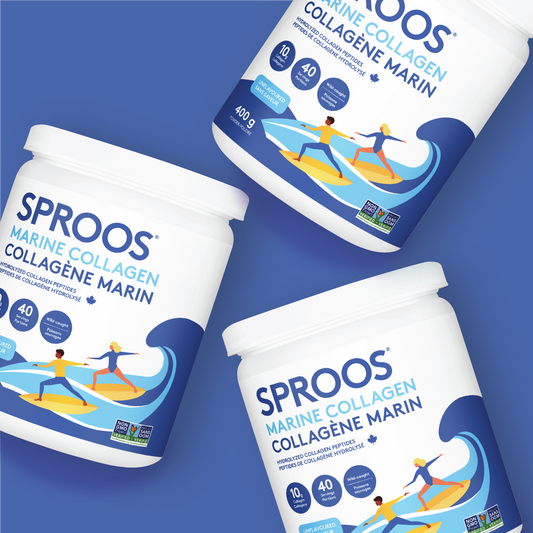
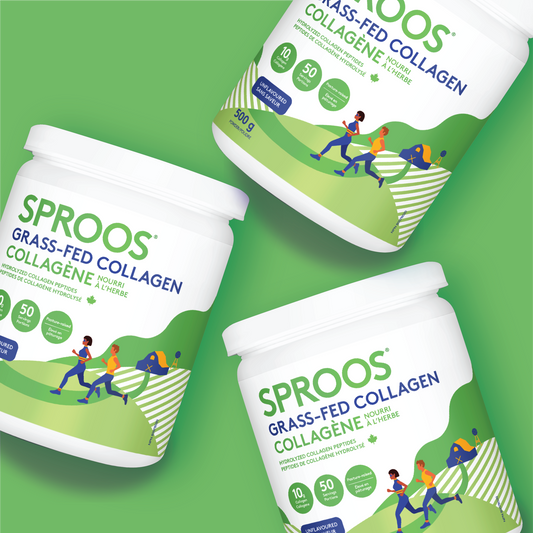
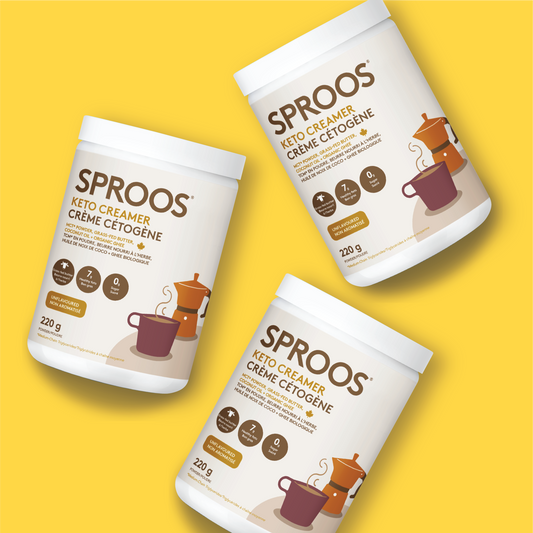
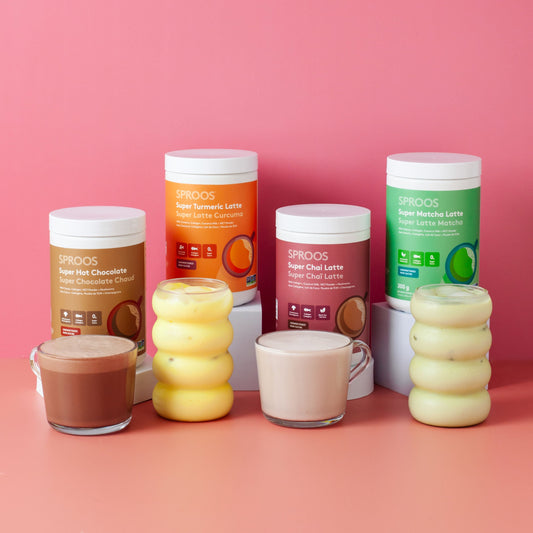
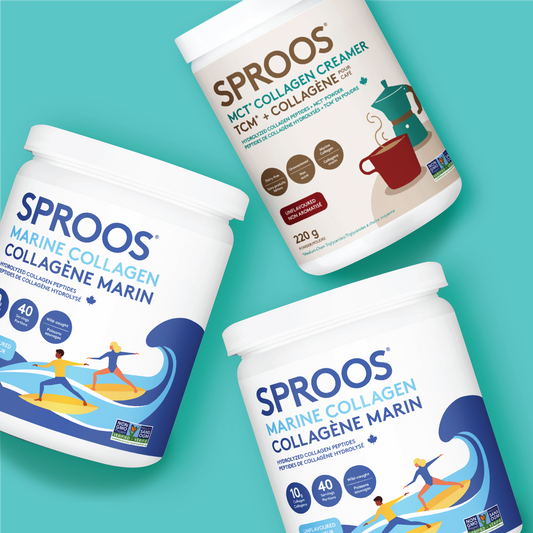
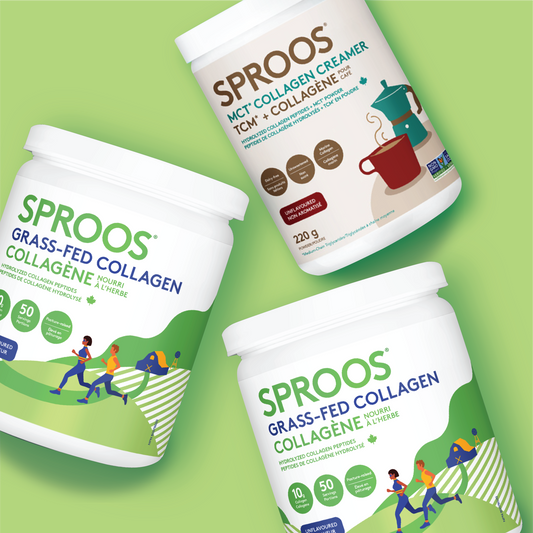
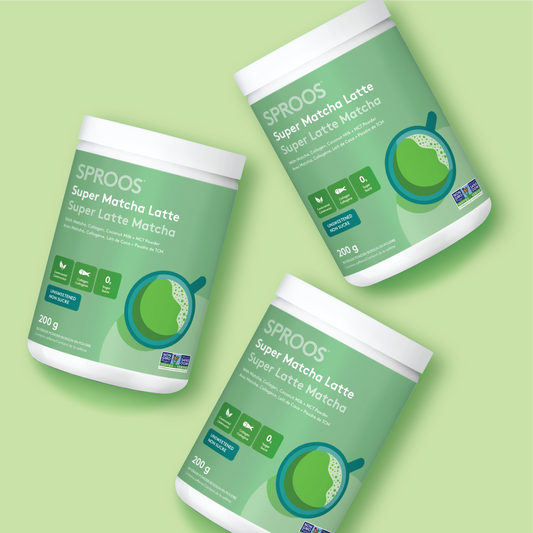
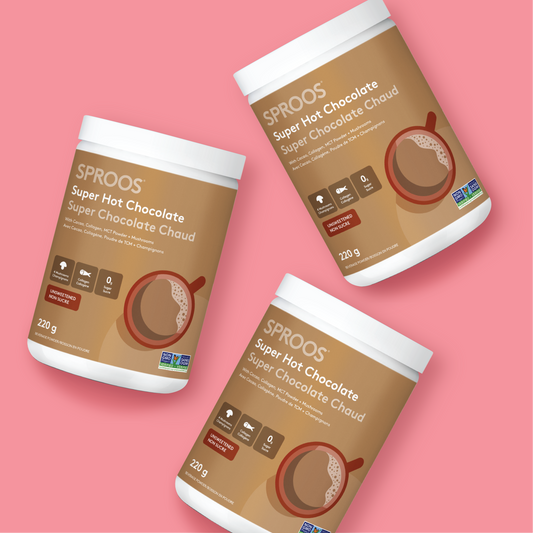
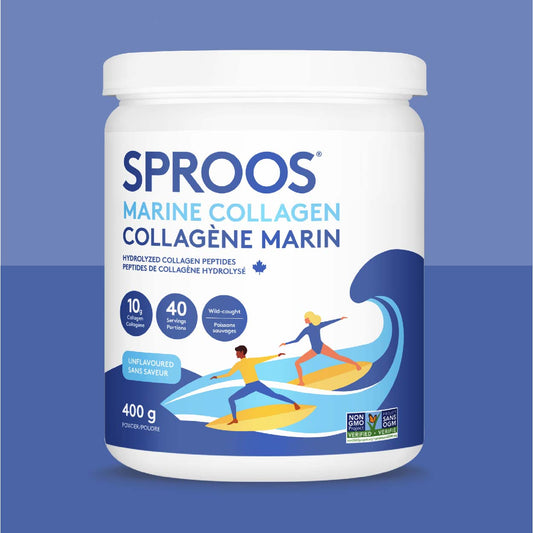
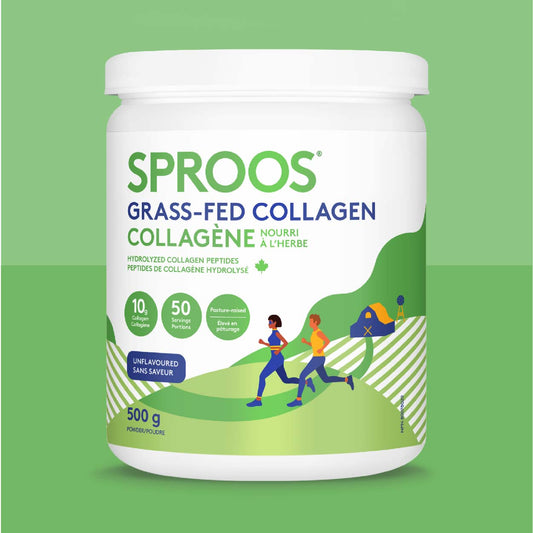
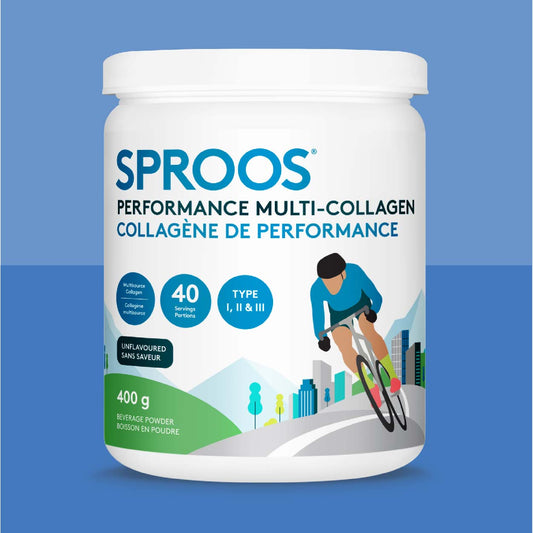
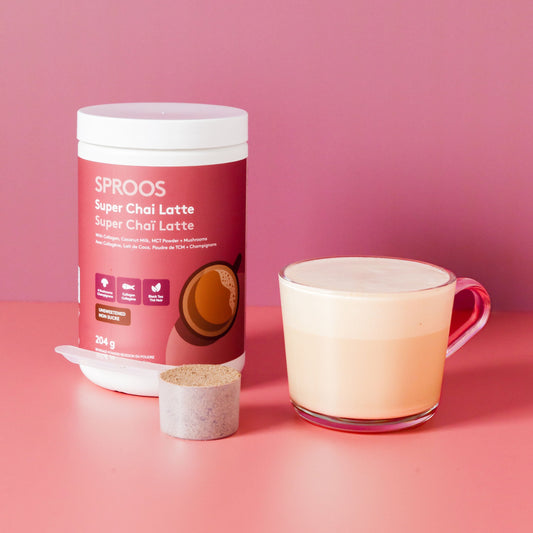
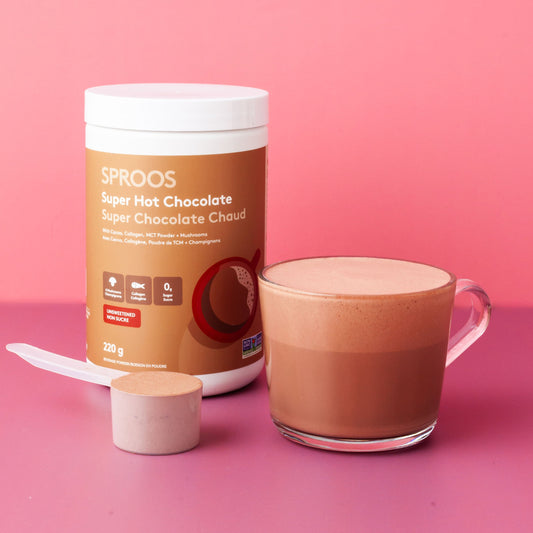
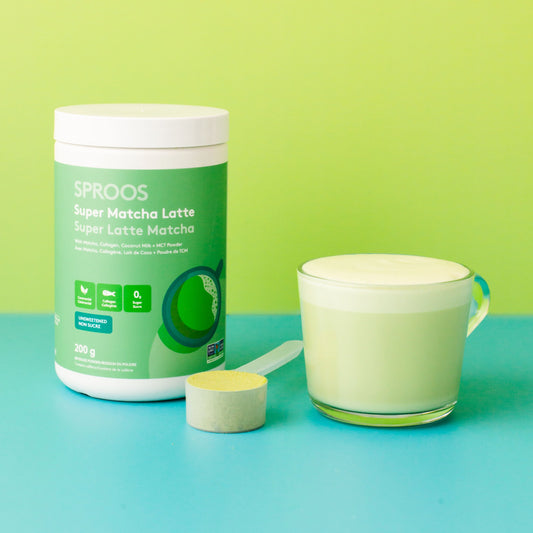
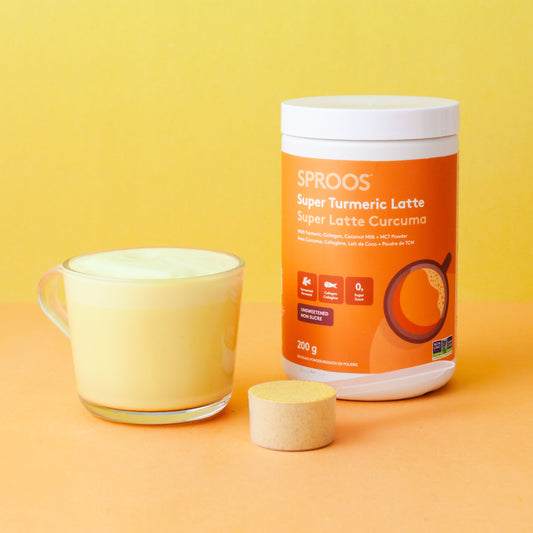
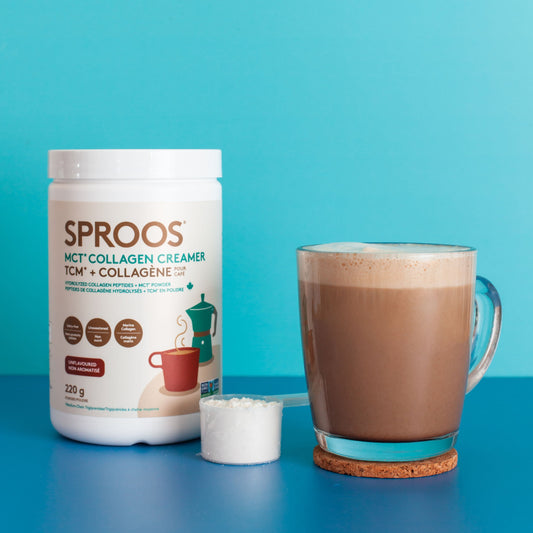
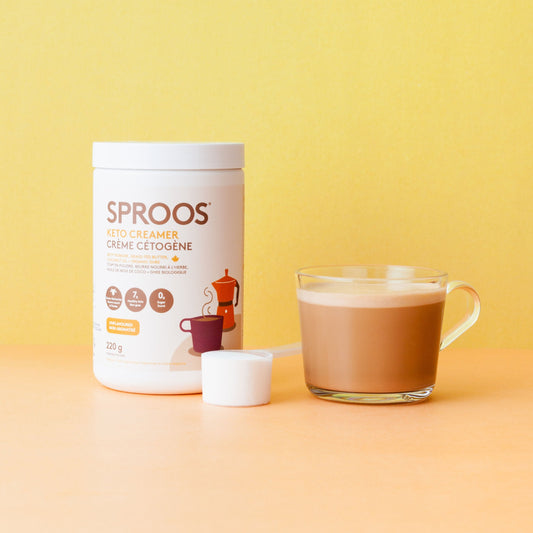
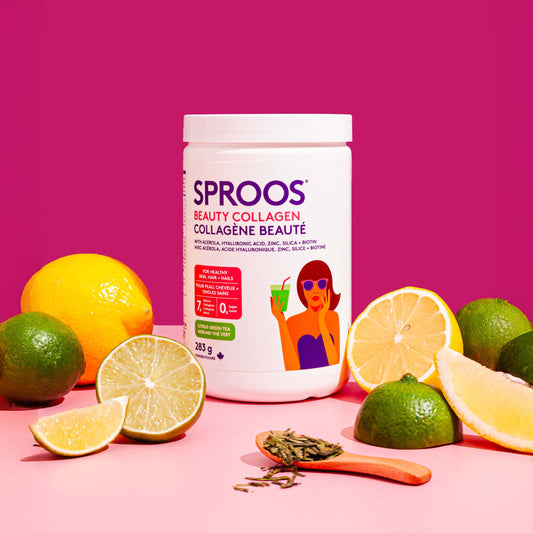
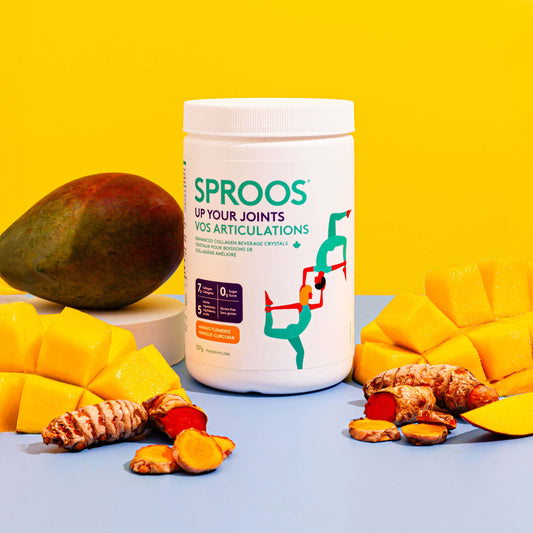
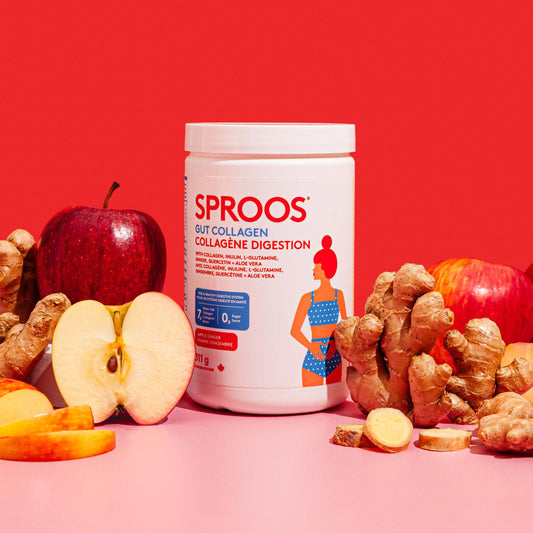
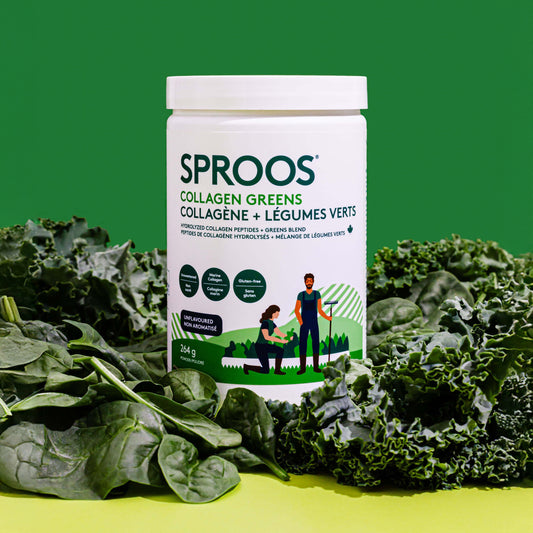

5 comments
is collegian made by using chemicals for processing ?
I have been taking costco collagen 1&3 with peptides. My knees feel better. I have been telling every body how it makes me feel. Plus it has taken the pain from my lower legs. But know I have prostate cancer. From what I have read I need to stop taking collagen. I wished I didn’t have to stop. Thank you. Keep up the good work. It helps. God bless you guys.
Blogs are a very good way of exchanging information and I love to read posts sometimes some blogs give me so much knowledge and this is one kind of that blog. Do check out this Gembrahealth.com, it has some great and nice ideas to look for.
What caught my attention is when you said that you can achieve strong hair and glowing skin when you take collagen supplements. My sister will find this tip helpful because she wants to improve her skin texture and have longer, stronger hair before this year ends. Maybe, I can ask her to consider shopping for bundles of non-GMO beauty gummy supplements. http://livsgummies.com/pages/gummyvitamins-save-on-bundles
I’m looking for a collagen to help with knee osteoarthritis to ease pain. And I’m interested in keeping my skin, hair and nails healthy as well